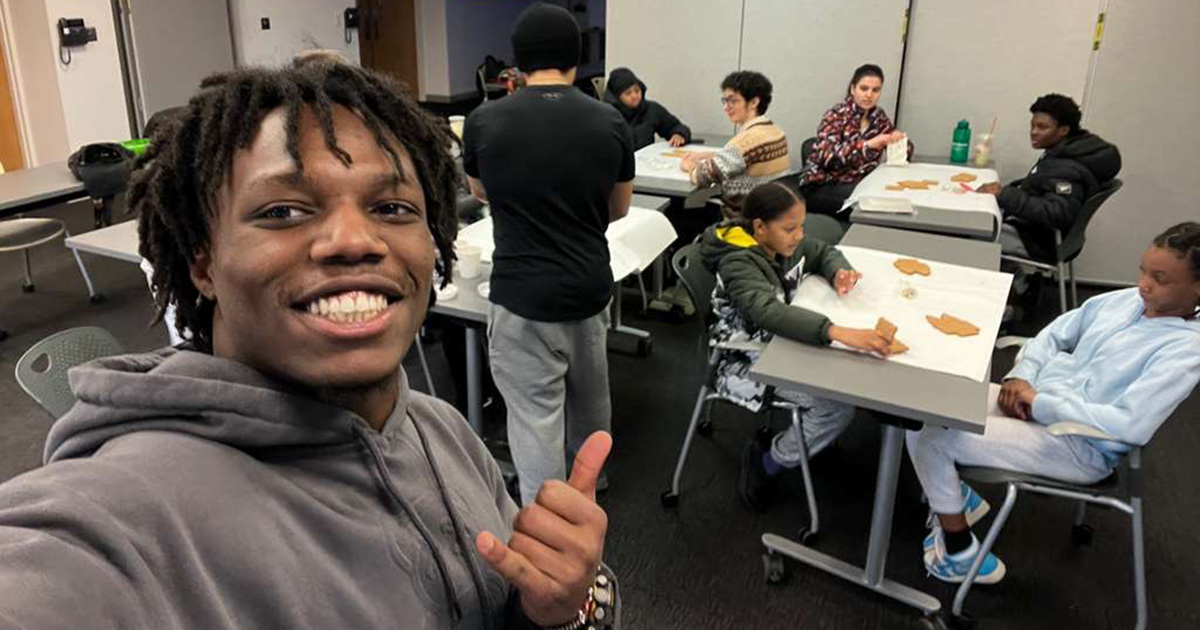For the UAE, a New Approach to Sustaining Family Business

Whether we realize it or not, we interact with family businesses every day.
They are the driving force of the global economy. From neighborhood mom-and-pop stores and restaurants to international conglomerates, like the Gulf Agency Co., Volkswagon, and LG, family businesses make up two-thirds of all businesses in the world. According to a study by Family Firm Institute in 2017, family businesses contribute 70–90 percent of the global GDP. That’s $52–67 trillion U.S. dollars.
Family Business in the UAE
The numbers in the UAE are similarly, if not more, impressive: 90 percent of the private sector comes from family businesses. Family businesses generate more than 70 percent of the employment in the Gulf Cooperation Council (GCC).
In April 2016, UAE Economy Minister Sultan Bin Saeed Al Mansouri said the country would focus on building an economy powered by non-oil industries, and projected that the contribution of oil to UAE’s GDP would fall from 30 percent in 2016 to 0 percent in 2066. This new strategy creates a very nurturing environment for family businesses in the country.
However, there is a growing concern that only a handful of family businesses in the UAE, and in the region, survive from generation to generation. According to a survey by KPMG in 2017, 88 percent of family business owners in the GCC believed that preparing the next generation is critical for the businesses’ success, but only 27 percent of the respondents had established a process for training and inducting family members into the business.
Shifting from Family Business to Family Entrepreneurship
While succession planning is top-of-mind among family business owners, many focus only on the idea of handing the business over to the next generation. A good succession strategy is much more than that. Emerging scholarship has suggested that family entrepreneurship is a more comprehensive approach to sustain a thriving, multi-generation family business. It allows the younger generation to explore potential growth connected to the family’s entrepreneurship both within and outside the scope of the existing business. A family entrepreneurship mindset not only catalyzes the transition between generations, but, more importantly, helps the younger generation find meaning in extending the family’s entrepreneurial legacy.
The recently launched Institute for Family Entrepreneurship at Babson College is pioneering this area of study. Led by Executive Director Lauri Union and Bertarelli Foundation Distinguished Professor of Family Entrepreneurship William Gartner, the Institute has developed one-of-a-kind initiatives that focus on the study of family entrepreneurship, including the new Amplifier Course.
During the year-long course, students who come from various family business backgrounds from around the world get a rare opportunity to engage with their parents in a professional/academic context through assignments designed by the lead professors, who are experts in the field of family entrepreneurship. Though important, family discussions about how the next generation can create economic, social and family value, tend not to happen without prompting. The Amplifier Course gives students a legitimate reason to talk to their families about the business. They come to understand their families’ entrepreneurial legacy and ultimately learn how they can take advantage of this unique asset of family entrepreneurship to chart their own course, whether through “intrapreneurship” (an entrepreneurial venture within an established entrepreneurship setting), start-up entrepreneurship, social venture, or philanthropy.
The term “Family Entrepreneurship” may seem novel to family businesses in the UAE, but the concept is more culturally relevant than one might think. In the PwC 2016 Middle East Family Business Survey, 50 percent of the respondents placed a high value on leaving a positive legacy for the family name, as compared to 28 percent globally. Many family businesses in the region have their own charitable foundations, which is a perfect example of how the next generation can engage in their family’s entrepreneurship in an innovative way.
If family business owners in the UAE view succession planning solely as bringing the next generation in to follow exactly in their footsteps, they risk losing out on opportunities for expansion. Worse still, if the younger generation, when presented with this sole option, chooses to take a completely separate path to achieve their personal goals, opportunities for the family to create economic, social, and family value may diminish rather than grow. On the contrary, by adopting the practice of family entrepreneurship, the younger generation can find a meaningful way to amplify the family’s entrepreneurship and value creation. When family businesses in the UAE flourish collectively, the entire economy of the country will benefit from it.
Posted in Insights




